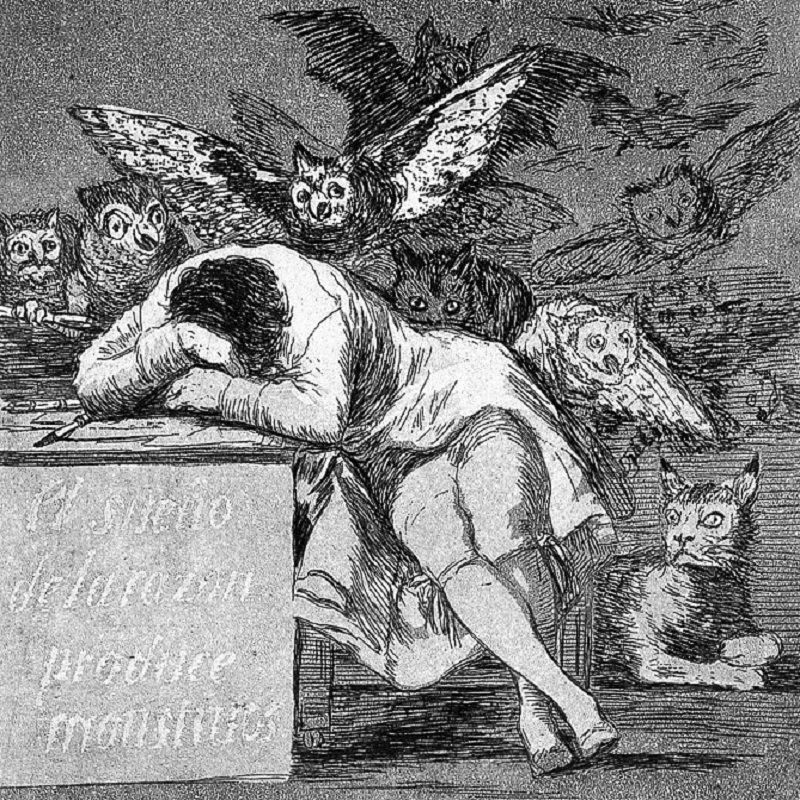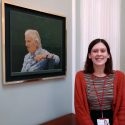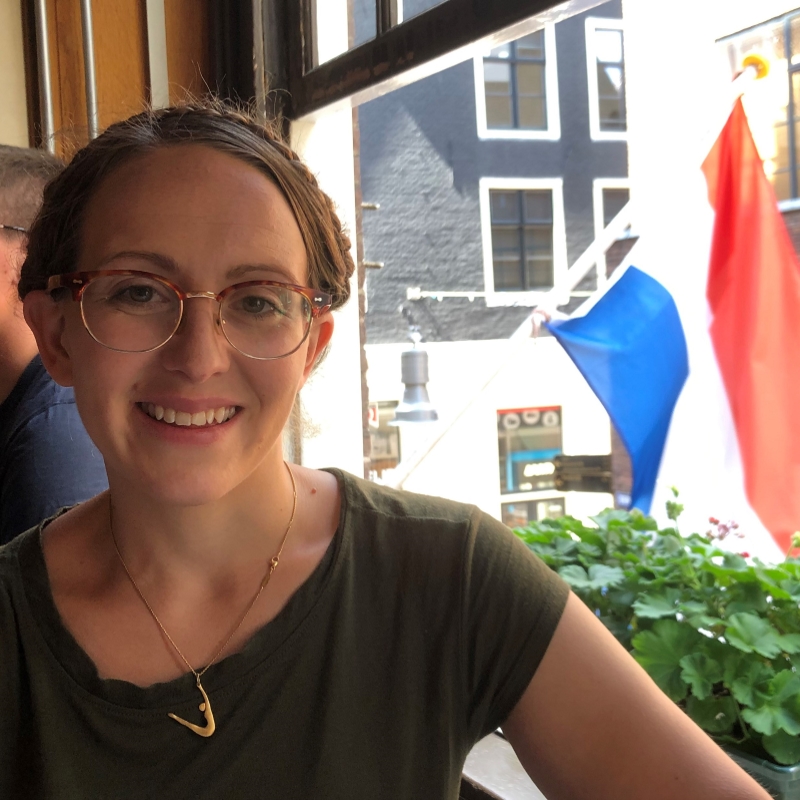The latest issue of Interface Focus brings together a collection of papers focussed on sleep and stress. The topic is considered from both a historical and modern-day scientific perspective, with the articles spanning the sciences and humanities.

The latest issue of Interface Focus brings together a collection of papers focussed on sleep and stress. The topic is considered from both a historical and modern-day scientific perspective, with the articles spanning the sciences and humanities. The historical papers focus on literature and history from the medieval period to the early twentieth century, whereas the scientific papers look at current challenges and perspectives. By taking a multidisciplinary approach to sleep and stress research, the papers provide a broad perspective of a very topical issue.
We spoke to Professor Russell Foster, Nuffield Department of Clinical Neurosciences at the University of Oxford, and Professor Sally Shuttleworth, English Faculty at the University of Oxford, organisers of the issue, to find out more.
Why is the topic of sleep and stress important?
We are currently in the midst of the coronavirus epidemic, and issues around sleep and stress seem to become more significant by the day. When we first put this issue together, one of the social concerns that motivated us was that of the rise of what is commonly known as the 24/7 culture, with patterns of work increasingly overturning the natural patterns of our bodies’ circadian rhythms. At that point, overwork and the long hours culture seemed one of the primary problems, but now we face a very different landscape, with, on the one hand, medical professionals and other frontline workers under extraordinary pressures, but, on the other hand, a high percentage of the world’s population confined to their homes, and learning to cope without the usual structures and routines of daily life, amidst circumstances of huge anxiety. Such stresses, on both sides, and the disruptions of sleep patterns they produce, will have significant impact on mental and bodily health.
What is the aim of this Interface Focus issue?
The aim of this issue is to put current scientific and medical research on sleep into dialogue with work in the humanities exploring the history of cultural concerns with the disruption of sleep. Although sleep is a physiological process, it is very much bound by social and cultural norms and assumptions. By offering a broad historical perspective on current issues, we aim to cast new light on some of the challenges in contemporary research. We have contributions from biological science, and psychiatry, as well as more applied work on the ‘Teen Sleep’ project, and medical reflections on a life of disrupted sleep.
How does considering sleep and stress from a historical perspective inform our understanding of this topic in the 21st century?
Histories of sleep research tend to start in the early twentieth century. In this issue we go back to the medieval period (which in turn draws on classical medicine), and through to the early twentieth century. Intuitively one would assume that early explorations and remedies might be intriguing, but utterly useless for contemporary science. Some of the remedies suggested in past centuries are indeed ones that provoke amusement now, but what emerges strongly in a lot of this material is a concern for the role of sleep in bodily and mental health overall. It offers a holistic perspective that was arguably lost in laboratory-driven research of the twentieth century. Many of the past regimes for promoting sleep health also anticipate current advice, such as recommendations for forms of relaxation, exercise, moderate diet, and loose bedcovers. With the current coronavirus pandemic overturning so many daily patterns and routines, what the historical perspective offers more broadly is a chance to step back and reflect on the role sleep plays in our lives, and the possibilities of adjusting work/life balance.
What are the challenges of sleep and stress research in the humanities and the sciences – what do they share and how do they differ?
One of the challenges science and medicine share with humanities disciplines is the fact that we can never know what it is like to be in a state of sleep. In the late nineteenth century the Italian scientist Angelo Mosso captured what he termed the ‘autographs’ of the brain, of patients with cranial fissures who were wired up to a recording device whilst they slept, but as with current technology in sleep labs to record brainwaves whilst the subject is sleeping, this data is at one remove from the subjective experience of sleep. What we do have, however, are extensive historical records from diaries, letters, and literary texts, of the problems experienced by those who were worried by disrupted sleep. They form an important potential form of data for current scientific and medical explorations of sleep. An additional challenge for the scientific study of human sleep is the need to record sleep over multiple days in the home environment, to capture “real world” assessments, in large numbers of people. Traditionally quantitative measurements of sleep have been made in the clinic or laboratory, for just one or two nights. So we have very little understanding of how sleep varies from night to night, across different populations, in a variety of home settings. Excitingly, new technologies have emerged which will allow scientists to gather this information for the first time. So we are on the threshold of exciting new developments in the field of human sleep research, and it will be fascinating to compare how individuals feel about their own subjective sleep, compared to quantitative assessments of sleep.
What did the scientists and humanities researchers learn from each other by participating in an interdisciplinary project?
One startling discovery for the humanities scholars was to learn how little is still understood about sleep and its functions; I for one had naively assumed that these processes were fully mapped and comprehended by now. It was exciting to discover that the questions being asked by our historical figures are still very much the ones being addressed now, and that the work on Teen Sleep, for example, had direct resonances with work I had been doing on adolescence in the nineteenth century. In a very real sense the really big questions relating to sleep, such as why and how we sleep, are the same now as they were hundreds of years ago. This appreciation, particularly by the scientists, was both a surprise – and perhaps a little humbling!
To find out more on this topic, take a listen to this podcast discussion between Professor Sally Shuttleworth and Professor Russell Foster on what unites modern and Victorian sleep researchers.
Keep up to date with the latest issues of Interface Focus by signing up for article alerts, and browse previous theme issues on the journal website.






